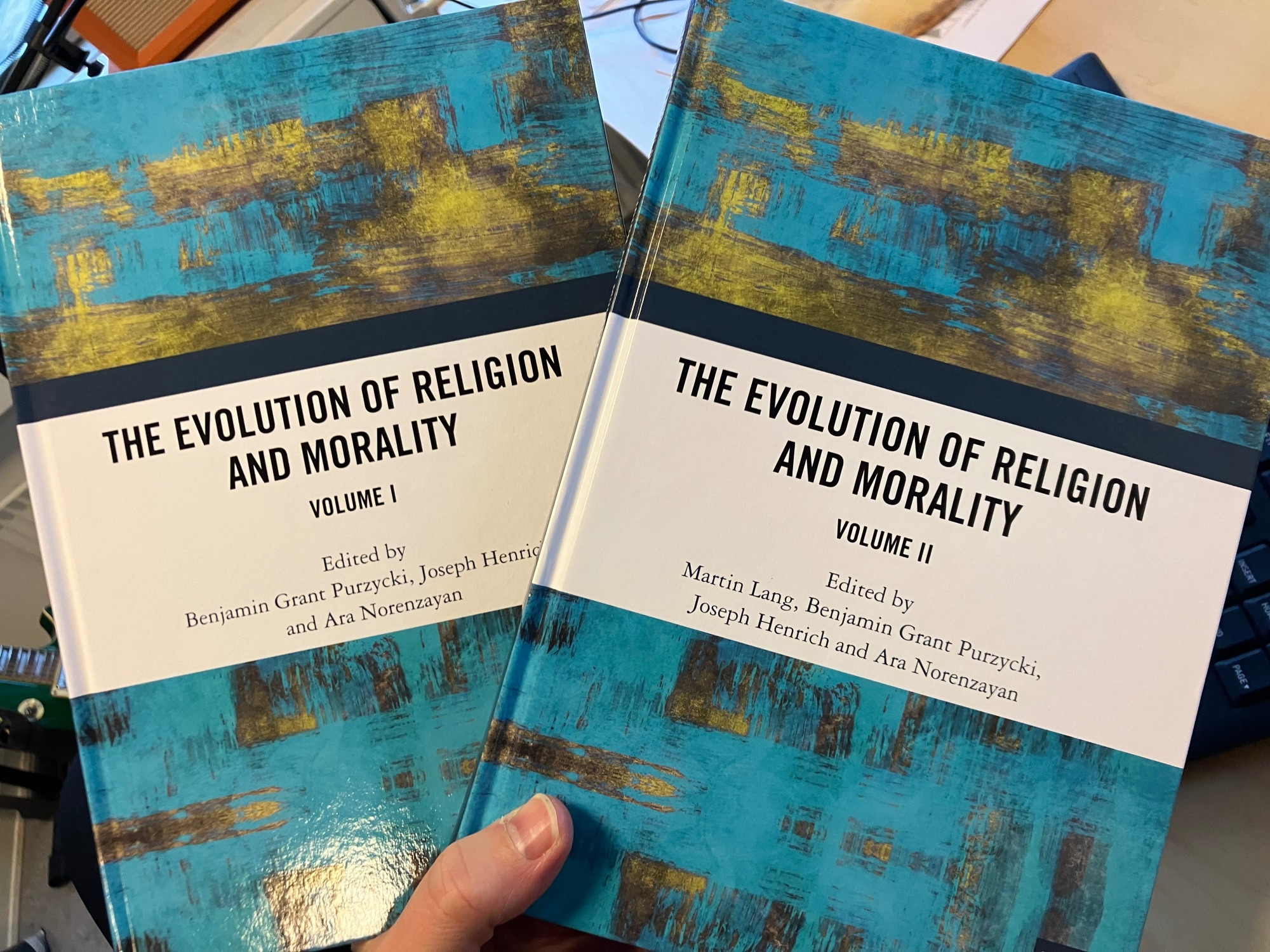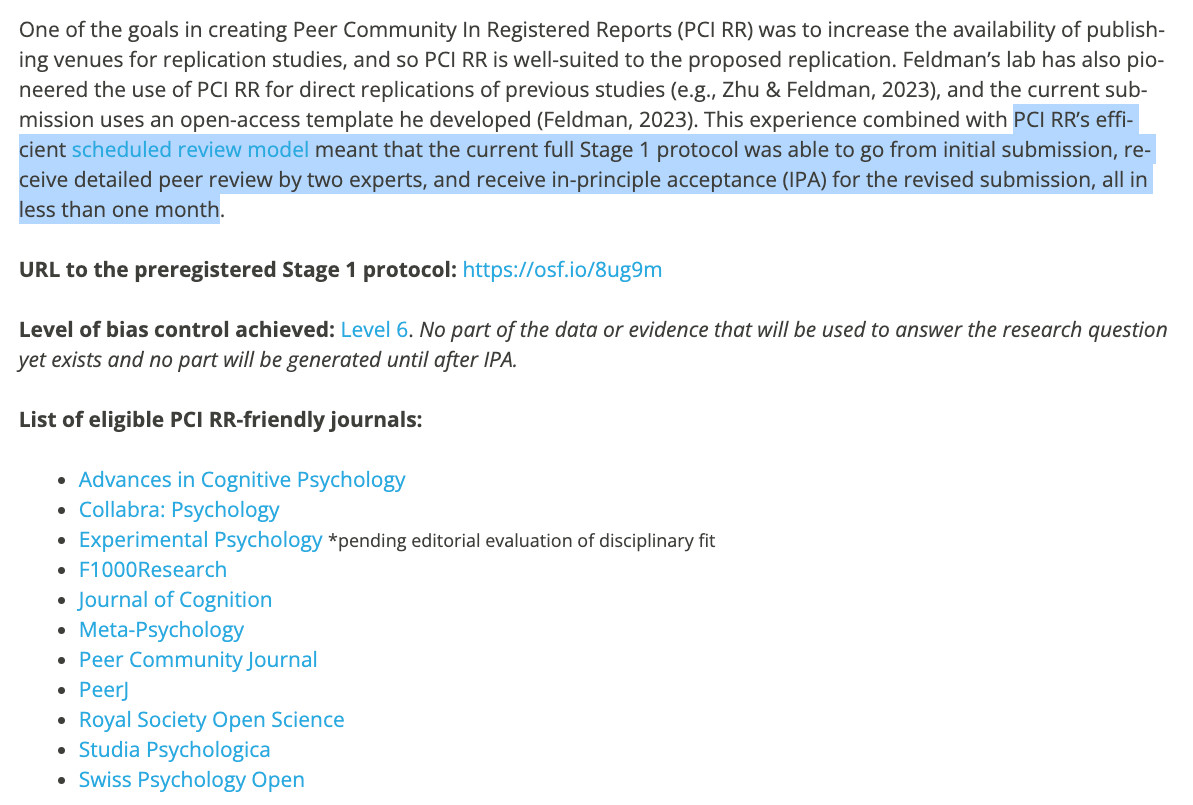
We'll likely have a 2-year postdoc position in our lab (MetaMelb) in psych at Melbourne Uni, starting later this year. If you have a PhD, do relevant stuff, & want to spend 2 years in Melbourne studying psychology research methods & practices, please get in touch! Please share!
Announcing a special issue on "Historical Psychology"at Current Research in Ecological and Social Psychology Co-organized by me and @mohammadatari.bsky.social! Submit your papers to us by September 1st!
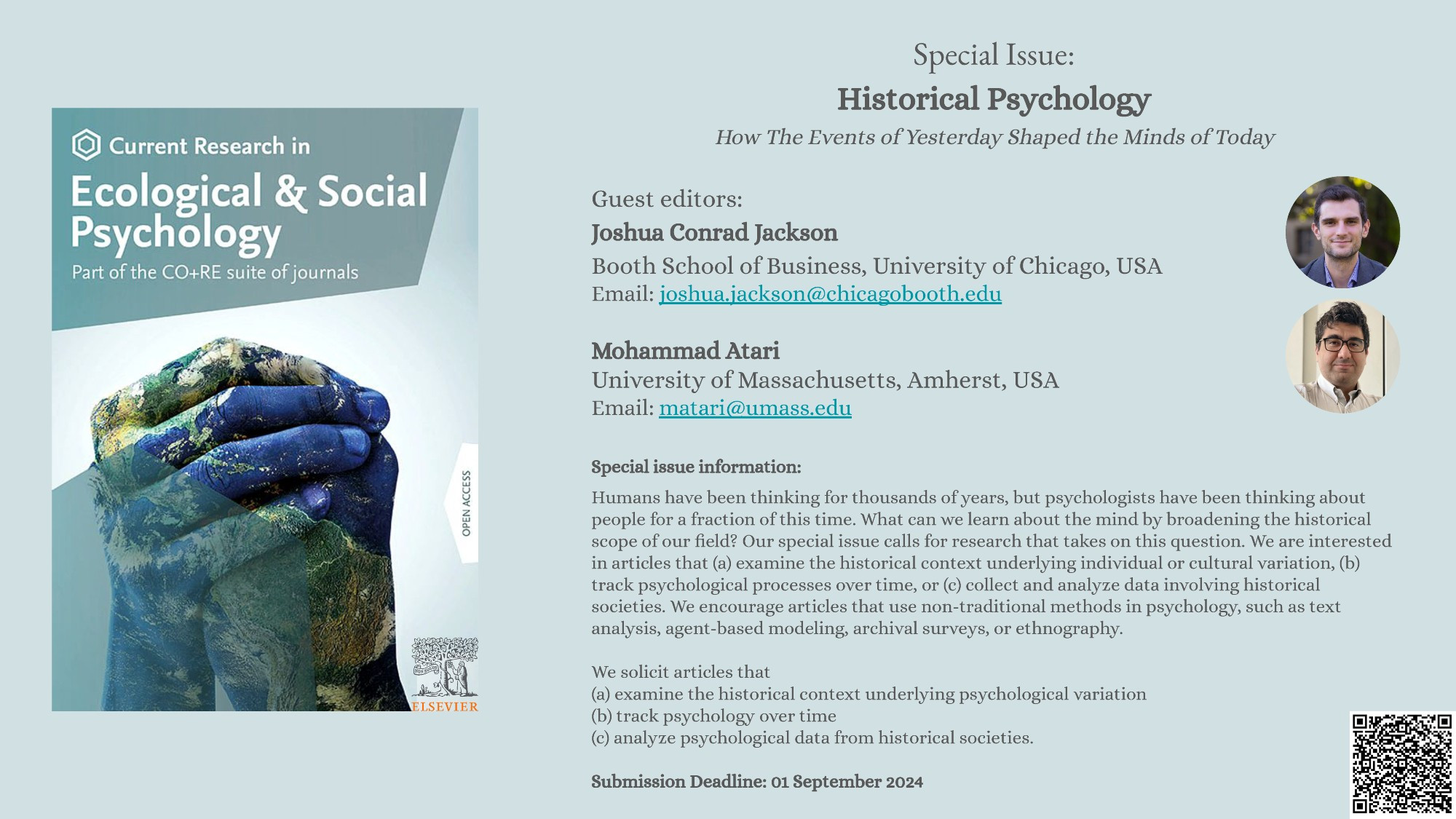
We are looking for collaborators, especially from Africa, Asia and South America for our PSA project on how people from around the world correct intuitive reasoning errors. More information at the link below. Please join and share widely! #BehSciSky#PsychSciSkymailchi.mp/cfd167697993...
Do you think that learning more about causal inference is not worth it because you're running experiments anyway, or because you're interested in predictive questions? In that case, I've written a paper just for you, out now in SPPC: compass.onlinelibrary.wiley.com/doi/10.1111/...
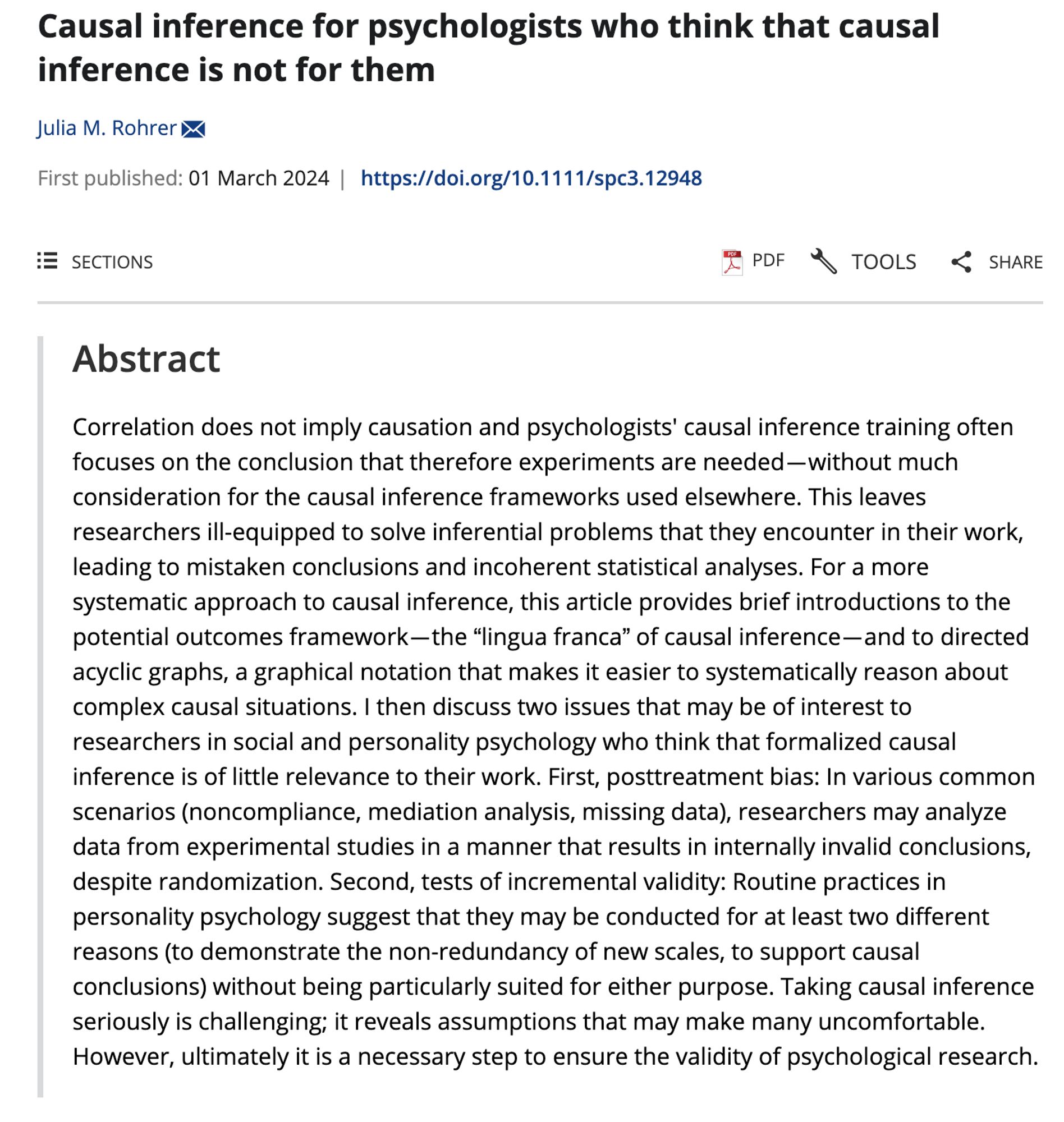
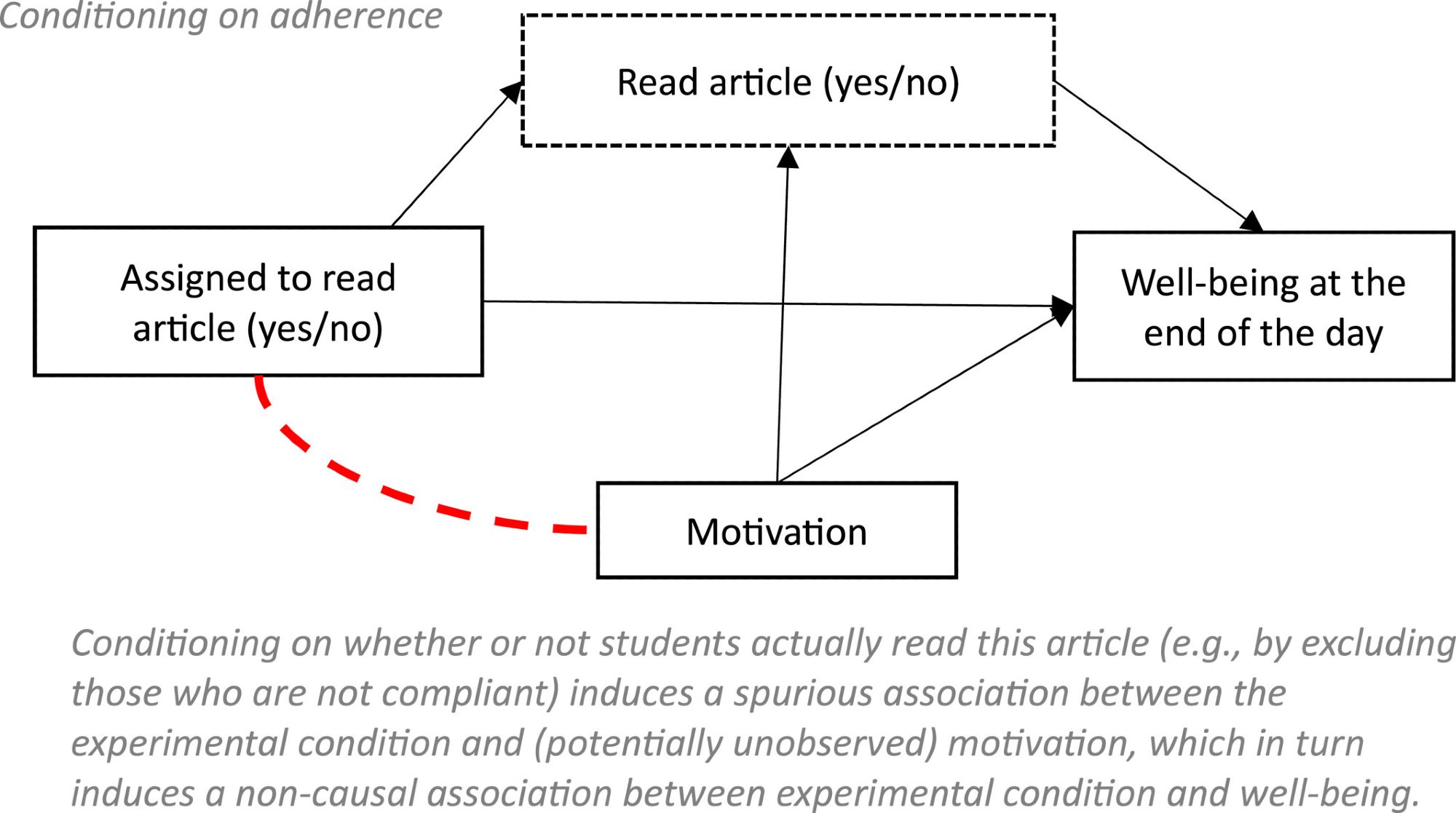
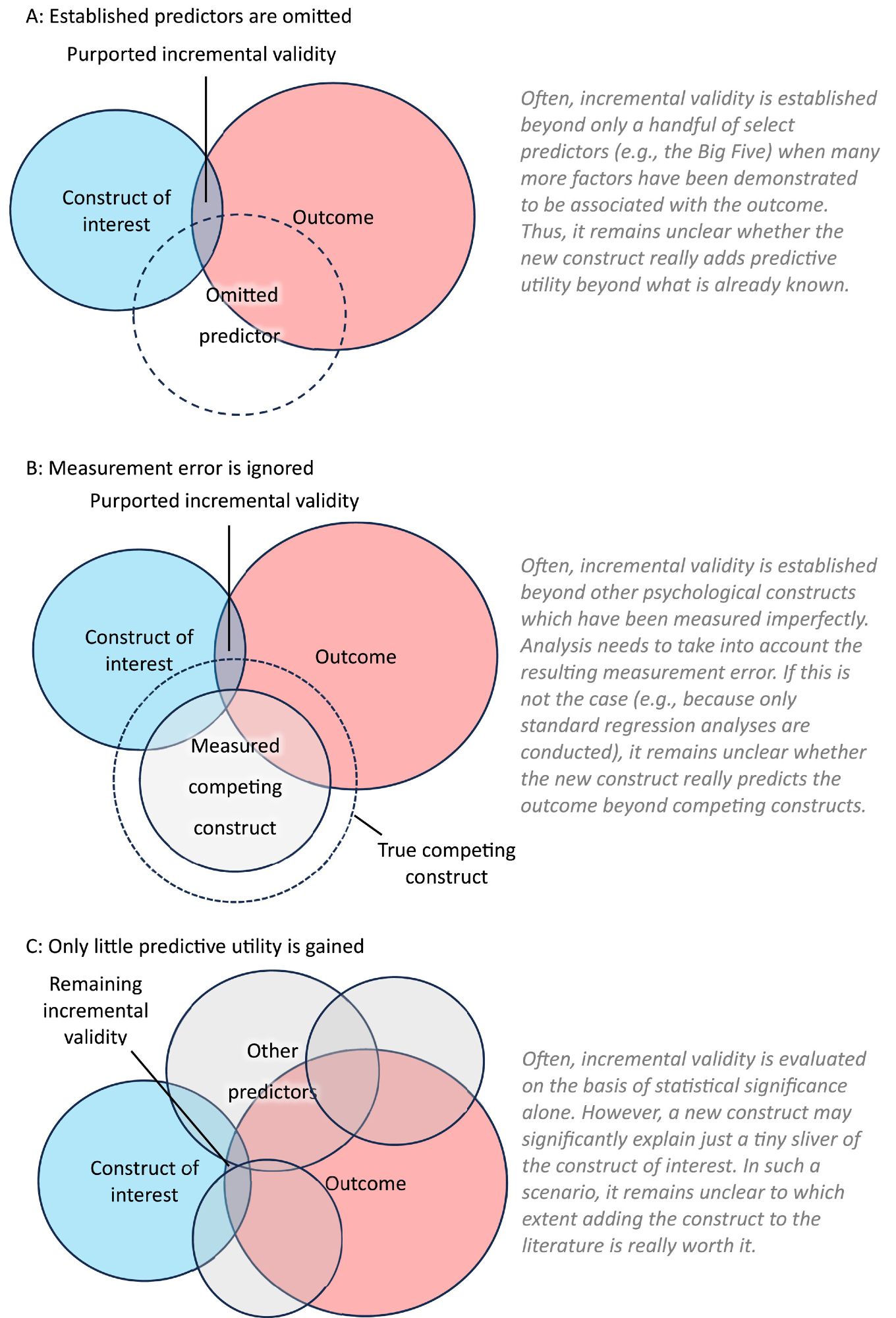
== PCIRR revolution == Still think Registered Reports are slow? Read carefully: Stage 1 RR from initial submission, receive detailed peer review by 2 experts, & receive in-principle acceptance (IPA) for revised submission 🔥all in less than 1 month 🔥 rr.peercommunityin.org/articles/rec...
I guess my approach would be to just include A,B,C as predictors of Z without testing whether A,B predict C (if I have no reason to assume this). I would look at the correlation matrix to detect potential variance inflation (whether A,B are correlated with C) in the regression model
Collabra: Psychology is looking for new associate editors for the Social Psychology section. If you're interested, please apply! rug.eu.qualtrics.com/jfe/form/SV_...
@jkflake.bsky.social made such a good case for a really fundamental and devastating realization-if we can’t show thar our measures are measuring what they are suppose to be measuring-then everything after the methods section in a paper is meaningless. This should give us all pause and reflection
If C mediates the effect of A on Z, then the second regression would mistakenly show no effect of A on Z, only the effect of C on Z. The same applies to B. But this problem really depends on your causal assumptions re the relationships between A, B, C and Z
After over a decade of labor, twins! @rcc-au.bsky.social@bgpurzycki.bsky.social@martinlangcz.bsky.social@aiyanakoka.bsky.social and many, many others on this book version of two special issues from Religion, Brain and Behavior
